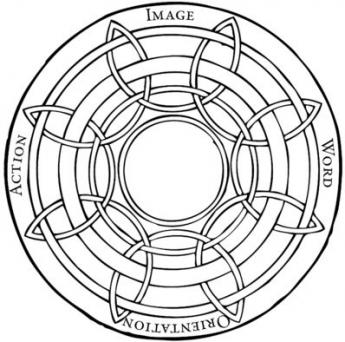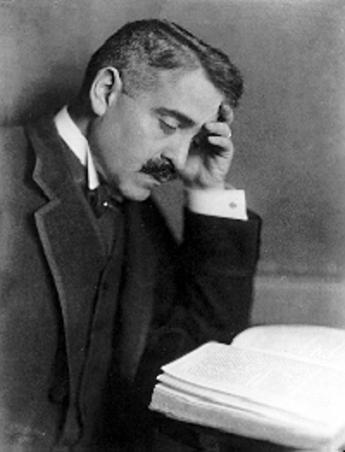Actualités
The Warburg Institute Library, London, is once again in danger, 80 years after being saved from the Nazis

“Each year 3,000 people travel to Woburn Square in London to enter the world’s greatest research engine dedicated to the intellectual and artistic legacies of Greece and Rome … The Warburg library is like no other. Its treasures, ranging across many centuries, are held in an open-access system in which things of a kind belong together through natural cultural affinity rather than subjection to the modern classifiers’ mechanical taxonomies. If I want to find out about Leonardo da Vinci, I don’t have to visit different libraries of art, engineering, medicine, geology and so on. If Leonardo lambasts alchemy, I climb the stairs to find shelves that present a living bibliography of the subject in and before the Renaissance. If I want a crash course in images of the Salvator Mundi, so that I might better understand Leonardo’s recently discovered painting, I go to the photographic collection to sample its multitudinous wonders arranged by subject matter.” (Martin Kemp)
The Warburg Institute Library holds about 350,000 books. It was originally founded in Hamburg by Aby Warburg (1866-1929), one of the most brilliant intellectuals of the 20th century. Warburg’s enormous collection – which documents the history of the Renaissance and the influence of antiquity on modern culture in an interdisciplinary approach - was transformed into a scholarly institution called Kulturwissenschaftliche Bibliothek Warburg. The library was located in Hamburg (Germany) until the year 1933. Four years after Aby Warburg’s death his collection had to be brought out of the country because it was in danger of being destroyed by the Nazis. The Kulturwissenschaftliche Bibliothek Warburg was relocated in London, 1944 it became associated with the University of London, and in 1994 it became a founding institute of the University of London's School of Advanced Study.
“The Warburg is where I encounter things I did not know existed”, writes Martin Kemp. Now the Warburg Institute Library is once again in danger of being broken up. Read more about it here:
>>> A betrayal of trust? The Warburg Library under threat – By Martin Kemp
>>> Academics fear for Warburg Institute's London library, saved from the Nazis – By Maev Kennedy in The Guardian
>>> Warburg Institute: library saved from Nazis awaits its fate – The Times Higher Education
Online Petition
The Friends of the Warburg have launched an online petition to save the unique collection of the Warburg Institute Library. They write:
“We call on the University of London to withdraw their legal action and keep the Warburg Institute just as it is, for three reasons:
1. To keep the Warburg Institute's collections intact. In over 50 years since the library's resettlement in London, it has grown from 80,000 to 350,000 volumes, 40% of which are unique and not held in the British Library.
2. To preserve Aby Warburg's intellectual legacy. The Institute's collections are organised unlike any other in the world - according to a system developed by Warburg as a product of his own research. Dispersal is tantamount to destroying one of Warburg's greatest works of scholarship - the library itself.
3. To maintain the vibrant intellectual community the Warburg fosters. A one-of-a-kind collection both in content and form, the Warburg has drawn together a world-class scholarly community for decades. Taking the collections outside of the space of the Institute would displace that community of researchers.”
Click here to learn more!
***
(Picture: Wikipedia)

